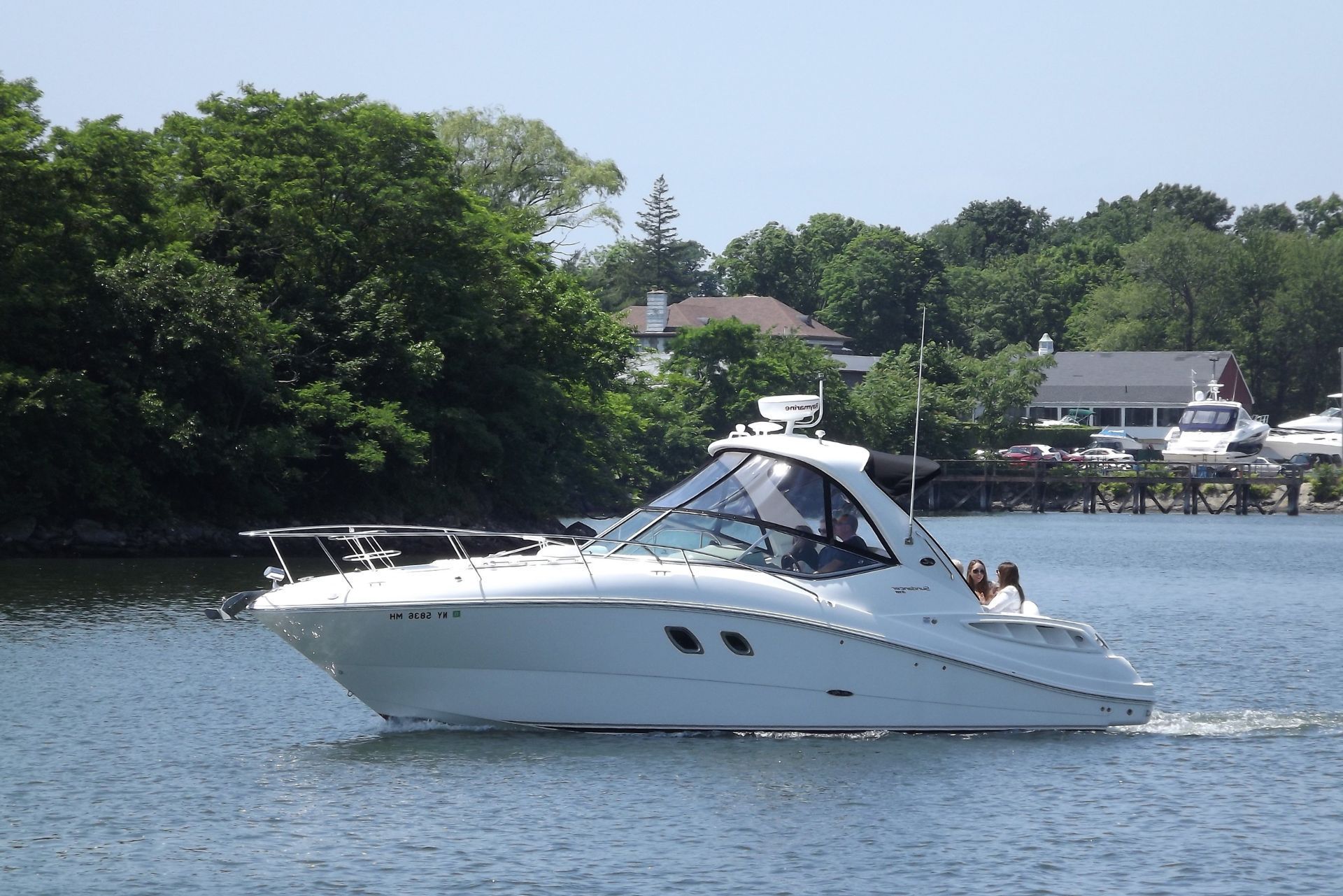Top 3 Recommended Policies
Index
Contact Us
Boating in Texas is a popular pastime, with its vast coastline and numerous lakes providing ample opportunities for water enthusiasts. Whether you're a seasoned sailor or a novice boater, having the right boat insurance is crucial. This comprehensive guide will delve into the intricacies of Texas boat insurance, providing you with all the information you need to make an informed decision.
Understanding Boat Insurance
Boat insurance, much like car insurance, is designed to protect you from financial loss in case of an accident or damage to your boat. It covers a wide range of watercraft, from small fishing boats to larger yachts. The coverage typically includes damage to the boat, liability for injuries or damages to others, and theft.
While boat insurance is not legally required in Texas, it's highly recommended. Many marinas require proof of insurance before they allow you to dock your boat. Additionally, if you have a loan on your boat, your lender will likely require insurance.
Types of Coverage
There are several types of coverage available in a boat insurance policy. These include hull insurance, which covers physical damage to the boat; machinery insurance for the engine and other equipment; protection and indemnity insurance, which covers liability; and medical payments coverage for injuries sustained on the boat.
Additional coverage options may include uninsured boater coverage, which protects you if you're involved in an accident with an uninsured boater, and towing and assistance coverage, which covers the cost of emergency assistance on the water.

Choosing the Right Policy
Choosing the right boat insurance policy involves considering several factors. These include the type and value of your boat, where you plan to use it, and your budget. It's important to compare policies from different insurance companies to ensure you're getting the best coverage at the best price.
When comparing policies, look at the limits and deductibles, the types of coverage included, and any exclusions. Be sure to ask about discounts, as many insurance companies offer discounts for things like completing a boating safety course or having multiple policies with the same company.
Understanding Policy Limits and Deductibles
Policy limits are the maximum amount the insurance company will pay for a covered loss. Deductibles are the amount you're responsible for paying before the insurance company begins to pay. Choosing higher deductibles can lower your premium, but it also means you'll pay more out of pocket if you have a claim.
It's important to choose limits and deductibles that fit your financial situation. If your boat is worth $20,000, for example, you'll want to make sure your policy limit is at least that amount. Similarly, if you can't afford to pay a $1,000 deductible in the event of a loss, you may want to choose a lower deductible.

How to File a Claim
If you need to file a claim, the first step is to contact your insurance company as soon as possible. They'll guide you through the process, which typically involves providing information about the incident, submitting any necessary documentation, and working with an adjuster to assess the damage.
It's important to document everything related to the claim, including taking photos of the damage, keeping receipts for any repairs, and noting any conversations with the insurance company. This can help ensure a smoother claims process and help you get the compensation you deserve.
Conclusion
Boat insurance is an important part of owning a boat in Texas. It protects you from financial loss in case of an accident or damage, and gives you peace of mind while you're out on the water. By understanding the types of coverage available, choosing the right policy, and knowing how to file a claim, you can ensure you're prepared for whatever comes your way.
Remember, the best boat insurance policy is one that fits your needs and budget. Take the time to do your research, ask questions, and compare policies. With the right coverage, you can enjoy your time on the water knowing you're protected.






